
Brands are constantly on the lookout for new ways to market products and services which can be achieved through Influencer Affiliate Marketing that combines the functions of both influencer marketing and affiliate marketing. This strategy enables brands to pay influencers only for actual conversions, while maximizing their reach and credibility. It, like any other type of marketing strategy, comes with its advantages and disadvantages.
This article will provide insights on the advantages and disadvantages of Influencer Affiliate Marketing – the primary distinctions between influencer marketing and affiliate marketing and which affiliate programs for influencers will give better results based on the effort set to the output.
Analysis of Influencer Affiliate Marketing
Influencer affiliate marketing is a hybrid model that integrates influencer marketing and affiliate marketing. In most cases, influencing marketing is the case where a brand pays an influencer a certain amount of money to promote a product through sponsored content. In affiliate marketing, marketers earn money once they generate sales, clicks, or leads for the merchant.
We all know how affiliate marketing works, it involves influencers promoting items via their affiliate links and receiving a commission for every sale made through the affiliate link. While this aids marketers to ensure that their spendings yield results, influencers get the opportunity to earn through passive income.
Comparison Between influencer marketing vs affiliate marketing
Everything has positives and negatives and influencer affiliate marketing is no different, but before talking about them lets compare influencer and affiliate marketing:
| Feature | Influencer Marketing | Affiliate Marketing | Lead Generation |
|---|---|---|---|
| Payment Structure | Fixed payment (per post, campaign, or sponsorship) | Commission-based earnings on conversions | Pay-per-lead or cost-per-acquisition (CPA) |
| Performance Measurement | Engagement (likes, shares, comments) | Measurable sales, leads, or clicks | Number and quality of leads generated |
| Brand Risk | Higher risk for brands as ROI isn’t guaranteed | Lower risk, as payments are based on actual sales | Moderate risk; ROI depends on lead quality and conversion rates |
| Influencer’s Role | Creating brand awareness and engagement | Driving direct sales and conversions | Attracting and funneling potential customers |
| Best For | Large brands aiming for visibility | E-commerce businesses aiming for direct sales | B2B companies or services focusing on building a sales pipeline |
Pros of Influencer Affiliate Marketing
Effective in terms of costs for Brands
Some direct best affiliate programs for influencers do not charge consultation or readjustment fee which makes Influencer Affiliate Marketing cost effective. Influencers assist in increasing sales for the brand. This indicates that the marketing budget is spent most efficiently through joint campaigns that would have otherwise gained from ordinary influencer marketing.
For Influencers, Earning Money Passively
This model does provide opportunities for many years worth of passive income. Whereas ordinary sponsored posts would only provide one-off earnings, affiliate links offer a more reliable stream of income, as long as followers continue to make purchases through the influencer.
Enhanced ROI and Non-Financial Indicators of Performance
Because payment is based on results achieved, compensation-driven marketing allows brands to accurately track their campaign’s effectiveness. Business metrics like campaign tracking through conversion, customer acquisition cost, and return on investment become easier to evaluate with affiliate marketing.
Boosted Trust And Credibility
Since influencers are compensated for sales, they will only promote items that truly matter to them. This trust will enhance engagement, conversion, and credibility.
Enduring Partnerships
The affiliate programs encourage enduring partnerships for both brands and influencers. An influencer who consistently delivers sales stands to benefit through the long-term brand partnerships they cultivate.
Cons of Influencer Affiliate Marketing
- Non guaranteed Earning for Influencers
Unlike other sponsorship models where influencers make a set payment per post, affiliate marketing relies on sales, making it far less predictable. The need for more exuberant goods, a smaller reach audience, or simply a less enthralled client base can become a serious setback.
- Rivalry Between Influencers
Many influencers making use of the same systems makes this a highly competitive area. If an audience has already been flooded by engaging promotional content, it can be tough to stand out and drive sales.
- Profitability Relies on Focus Group
Despite putting out high quality content, the influencer’s income is entirely reliant on how interested his or her audience is in purchasing products. In what ways do economic conditions impact them? How gullible are they? How much do they earn?
- Active Engagement is Needed to Convert
From simpler brand recognition activities, affiliate marketing differs because in most instances, it compells the influencer to achieve actual conversions. This may require intense product marketing, convincing narratives, and constant interaction with the audience.
- Getting Paid Lags
Payments for affiliates tend to be post paid within a set period, commonly between 30 to 90 days, or after sales have been tracked and verified. Affiliate influencers, for instance, may find such waiting periods burdensome if their income relies solely on this.
Top Affiliate Programs for Influencers
The right program determines how much money an influencer makes as an affiliate so selecting it wisely becomes important.
- Amazon Associates
- One of the largest and most diversified affiliate programs.
- The commission rates may vary depending on the category.
- Easiest to use, but commissions are relatively low.
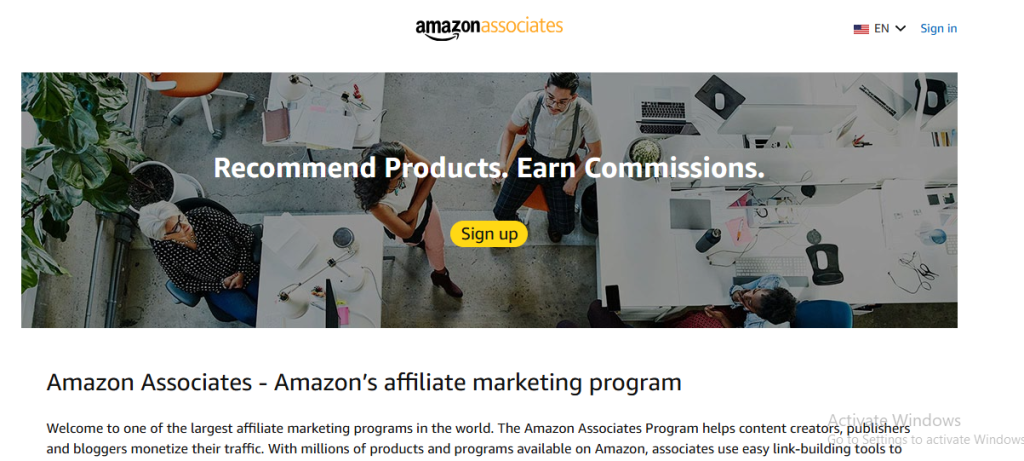
- ShareASale
- Provides access to thousands of businesses and brands.
- Paid commissions are based on the client’s profits and are paid on a competitive rate.
- Constructed and dependable reporting and tracking systems.
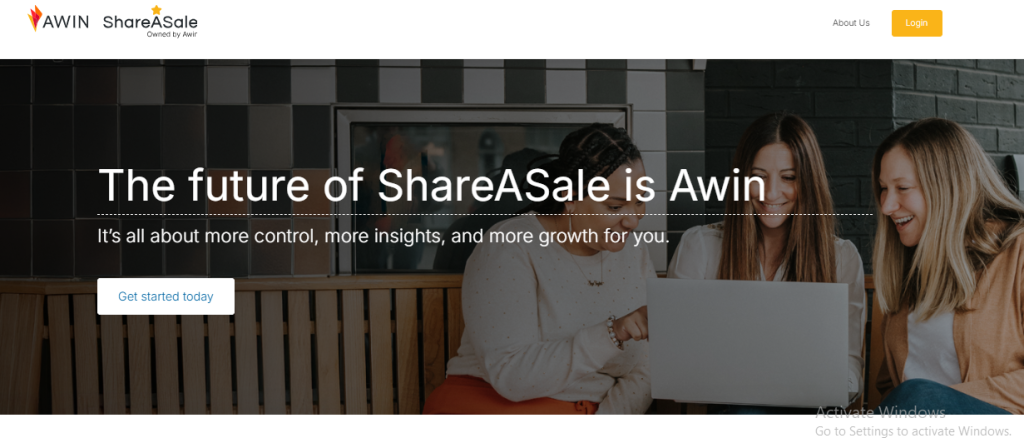
- Shopify Affiliate Program
- Most suitable for influencers specialized in e-commerce and business.
- Estimated sales volume is very high.
- Merchant tracking and customer support are highly developed.

- Vellko
- A developing leader in affiliate programs that focus mainly on influencer marketing.
- Commission rates offered are optimal together with proprietary products.
- The traders optimization tools enable accurate tracking and analysis.
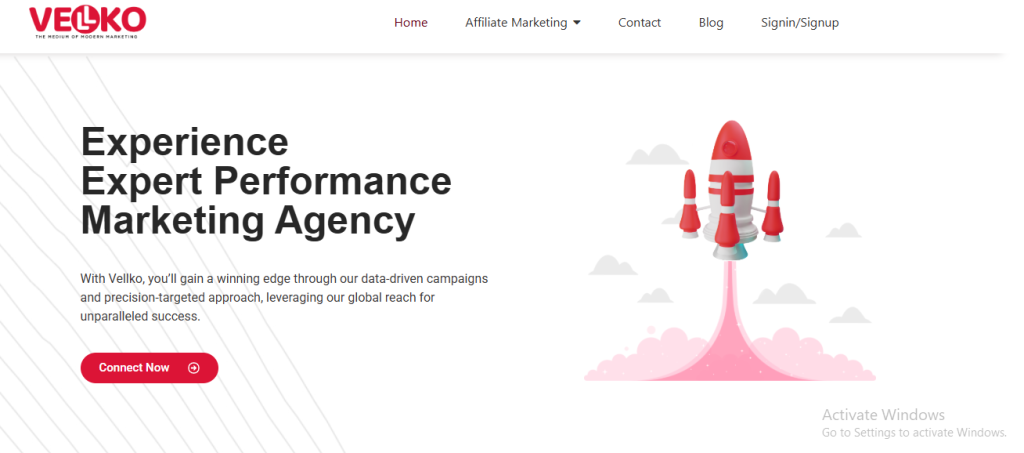
- RewardStyle (LTK)
- Famous among fashion, lifestyle, and beauty influencers.
- Exclusive collaborations with leading brands.
- A greater earning potential is offered but with certain vetting before acceptance.
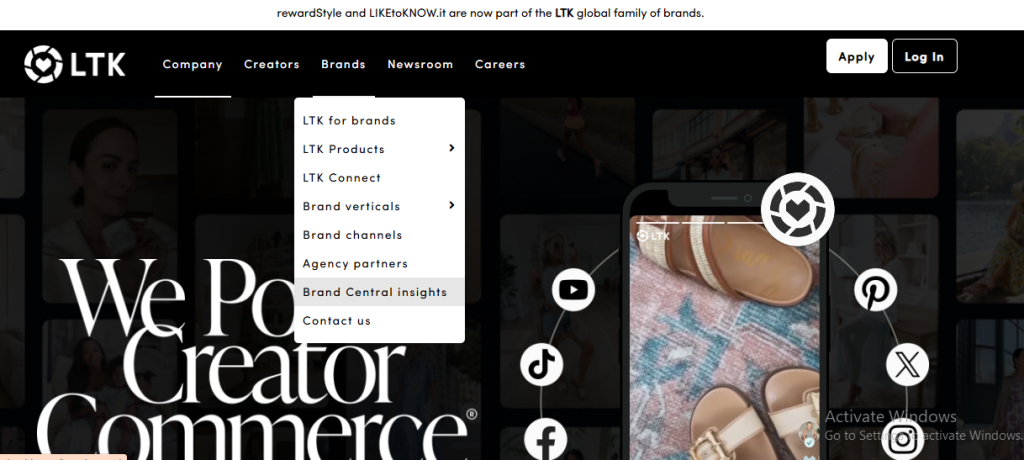
- ClickBank
- Great option when looking for digital products and for info-based courses.
- Very high commissions sometimes over % 75 by ClickBank for selected items.
- Deals primarily with self-improvement, finance, and health niches.
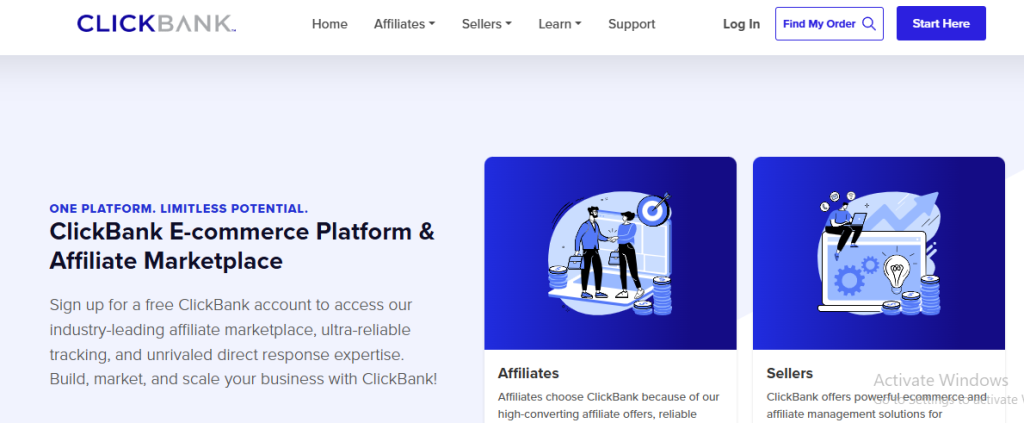
- Rakuten Marketing
- Contains well recognized brands such as Best Buy, Walmart and Macy’s.
- They provide favorable commission agreements.
- The (rakuten influencer marketing) dashboard provided to register earnings is simple and friendly.

- (CJ Commission Junction)
- You will get premium brand offers.
- CJ affiliate has a very good tracking system.
- Top influencers get the most commissions.

Conclusion
This model of marketing is a win-win for both parties as they profit from performance-based affiliate influencer marketing. Brands, get to minimize their marketing risk while earning a greater ROI. On the other hand, influencers get the chance to earn passively and become financially independent through long-term contracts. Like any other model, this one also presents challenges with finances, and fierce competition reliant on audience engagement.
They have the choice to design the right programs and post the right content which can significantly boost their income. However, brands also need to focus on their target market, and spend more resources on authentic influencers whose campaigns truly resonate with their products.
In the long run, maximum profits can be achieved if brands and influencers use this model wisely, which makes the collaboration advantageous for both. Ultimately, the effectiveness of influencer affiliate marketing lies in the strategy planning. Executed in tandem with proper audience research, marketers stand to gain from this emerging trend.
Suggested
- 5 Best Insurance Affiliate Programs 2025 You Must Know
- Top 3 Real Estate Affiliate Programs in 2025
- Top 5 Affiliate Marketing Trends in the upcoming year 2025
- Ecommerce Affiliate Programs: A Step Ahead to Grow in 2025
- 7 Channels to Promote your Affiliate Links in 2025
- Top 5 Push Notifications Traffic Networks in 2025
- #1 Find the Best Debt Settlement Leads to Grow Your Business!
- Boost Your Sales: How To Get Personal Loan Leads In 2025
